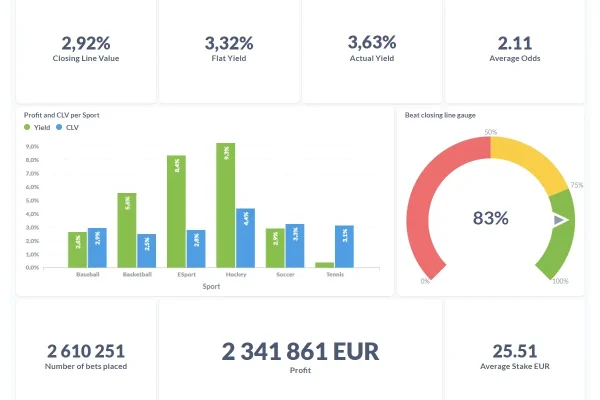Online poker is a legitimate and has produced millions of millionaires over time, but still attracts numerous myths and misconceptions.
One such myth involves “rigged action hands”. However, this simply isn’t possible as modern players understand how to vary their ranges and create non-rigged action hands.
Myth 1: The game is rigged
This myth has long been perpetuated in online poker, often by those with strong feelings against losers. While casinos do have an edge with certain games they provide, this only ensures long-term profit and cannot be altered by individual players.
No player is powerless against casinos simply by being an experienced card counter; while casinos may ask card counters to leave, they do not rig games so as to guarantee you lose.
To achieve success at poker, it’s crucial to read your opponents and understand their actions and odds. Doing this allows you to take advantage of them and increase your chances of victory. Also remember your limits; do not play beyond them!
Myth 2: You need to be a math genius to play
Poker is a game of skill, yet also requires math in order to calculate odds accurately. But that doesn’t mean being an expert at it – all reputable online poker platforms use random number generators in order to guarantee fairness during gameplay.
MythBusters tend to employ a two-step testing process when debunking myths: first, they recreate the circumstances described in a myth to ascertain whether its claimed result actually occurs; if not, they expand upon those circumstances to see if producing said result is feasible – often this reveals claims which are objectively ridiculous or simply impossible without special training and equipment used by MythBusters.
Time constraints in television episodes make it appear that MythBusters are less thorough in their testing than they actually are; to address this discrepancy, they have begun including a link to their website at the end of every episode where additional outtake footage of testing or other aspects of myth-busting is accessible.
Myth 3: You need to be aggressive to win
Poker players often hear advice to be more aggressive; however, such advice usually lacks specificity as to when and how this should occur.
Note that aggressive play doesn’t just refer to betting with strong hands; it also means making bluffs with weaker cards or taking pots from tight players.
Squeeze plays, floats, check-raises and turn and river bets on frightening boards are among the many aggressive strategies that may prove successful against tight opponents.
Kill Everyone offers crucial lessons if you want to improve your poker results by becoming more aggressive. The book provides guidance for employing well-timed aggression to create havoc among opponents’ stacks while making the game of poker more enjoyable for yourself. Planning and experimentation take place in functional workshops, while some tests require extensive constructions in order to replicate conditions related to myth being tested.
Myth 4: You get more bad beats
No doubt there are more bad beats online than at traditional casinos; this isn’t due to any corruption; rather it is simply due to more hands being played online resulting in more bad beats than usual.
Online games tend to move faster than live casino ones, increasing the chances of bad beats. It is important to remember, though, that even Alice holds some equity against Bob’s A K (top pair and kicker).
Bad beats are part of poker, but they should not force you to change your long-term strategy. Instead, focus on improving your play and using math as a means for making better decisions – this will result in more winning hands with fewer bad ones over time.













